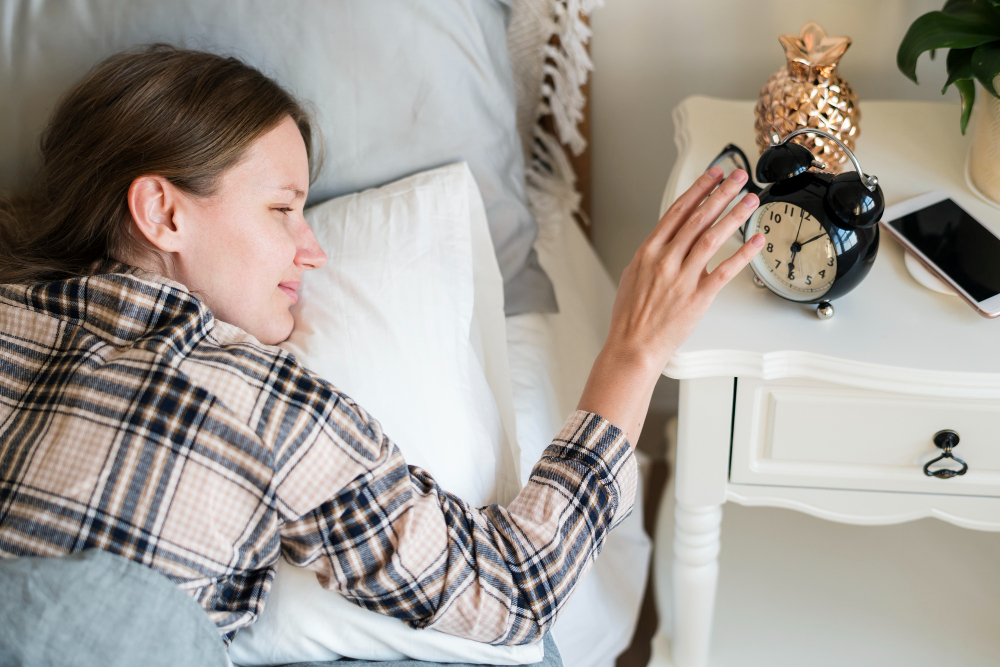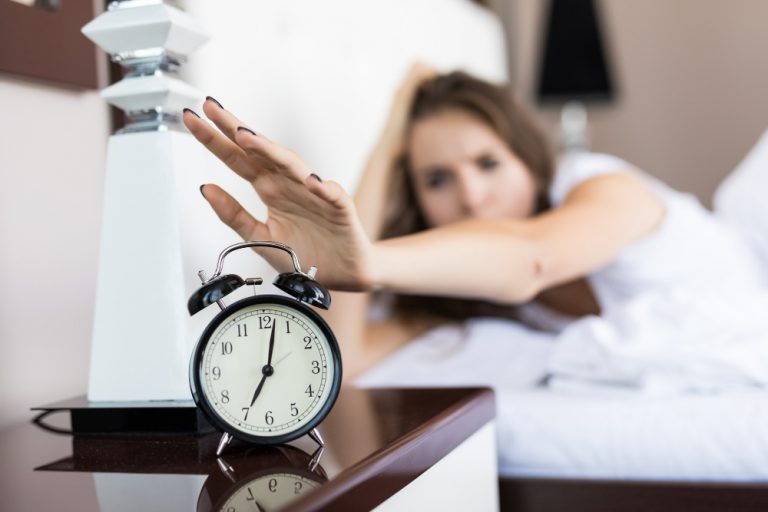WHAT TOOK PLACE WHEN I STOPPED USING MY ALARM CLOCK FOR A WEEK?
I’m no different than other individuals in that I wake up to the sound of an alarm. Every morning, when it’s time to wake up, my phone blasts a siren in my ear. It is a jarring way to begin the day.
I recently realized that I was waking up before my alarm went off. My morning routine went something like this:
- Wake up.
- Check the time.
- Realize there are fifteen minutes left before my alarm goes off.
- Turn over.
- Go back to sleep.
My alarm then brutally wakes me up fifteen minutes later. This made me feel sleepy and frustrated as I struggled to get out of bed and wished I was still asleep virtually goes without saying. I decided it was time to ditch my alarm after reading that waking up naturally is healthier for you since it doesn’t disrupt your sleep cycle, which might leave you feeling half-sleeping while wishing you were still totally asleep.
I tried getting up every morning without an alarm for a workweek. Although I didn’t have a fail-safe, I did have a roommate whose alarm went off simultaneously. I typically wake up at about 7:45 a.m., so I knew I wouldn’t sleep through the day. Here are the results of my experiment.

DAY 1
My nightly habit includes setting the alarm for the following day, so going without one last night seemed not just strange but also uneasy. I still woke up at 5 a.m., at 6 a.m., and then at 6:30 a.m., checking the time to make sure I hadn’t unintentionally slept till noon despite knowing my roommate wouldn’t allow me to oversleep. I woke up earlier than usual for my last frantic clock checks at 7:20 a.m., but I decided to start my Monday with a little extra time. Even after seeing the time, I felt rested and prepared for the day, which was made possible by the fact that I went to bed at 10:30 p.m. the previous night.
DAY 2
Around six in the morning, I began checking the time. Even so, I felt rested when I woke up on my own at 7:10 a.m. Instead of getting up when the alarm went off; it felt fantastic to get up when my body was ready.
DAY 3
I’m not stressed at all this morning. Although I didn’t pay as much attention to the time this morning as I did on Days 1 and 2, there were other changes besides simply getting up at 7:15 a.m. as usual. I felt at ease and in charge as I went about my morning ritual. Even though I seldom had time to do it on a typical morning, I had time to start a book.
DAY 4
In the second-worst-case scenario, my roommate’s alarm went off at 7:45 a.m., which was a terrible way to start the day. I was startled by the sound because I had become accustomed to rising alone. In addition, I had less energy in the morning than I had in the previous several days.
DAY 5
I was so worried about oversleeping yesterday because of the circumstance that I started clock monitoring today. Not ideal, but still better than the 5 a.m. clock monitoring on the first day of my experiment; I began anxiously checking at 6:30 a.m. Finally, I got out of bed at 7:10 a.m., still content not to have an alarm go off.
DO YOU WANT TO TRY DISCONNECTING YOUR MORNING ALARM?
I could better adjust to my mornings after waking up by myself. However, I still woke up without an alarm one month later. I set the alarm every morning just in case, but I usually get up 10 to 30 minutes earlier on my own. Additionally, I no longer check the time in the morning. Instead, my body appears to be able to tell when it is time to get up and begin the day. I advise trying it out.
My morning routine has changed, and I feel more energized than before I stopped using my alarm. Unfortunately, I feel tired for much of the day on the one or two times when my just-in-case alarm has roused me up. Nevertheless, observing how my alarm affects my behaviour has been eye-opening.
The next time you see, you have 30 minutes till your alarm goes off, get up and start your day on your terms rather than turning over and attempting to fall asleep. It changed how I began my days, and I could do the same for you.


